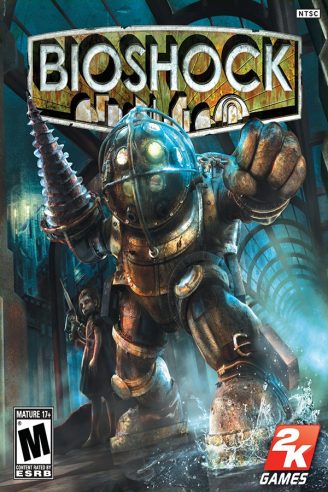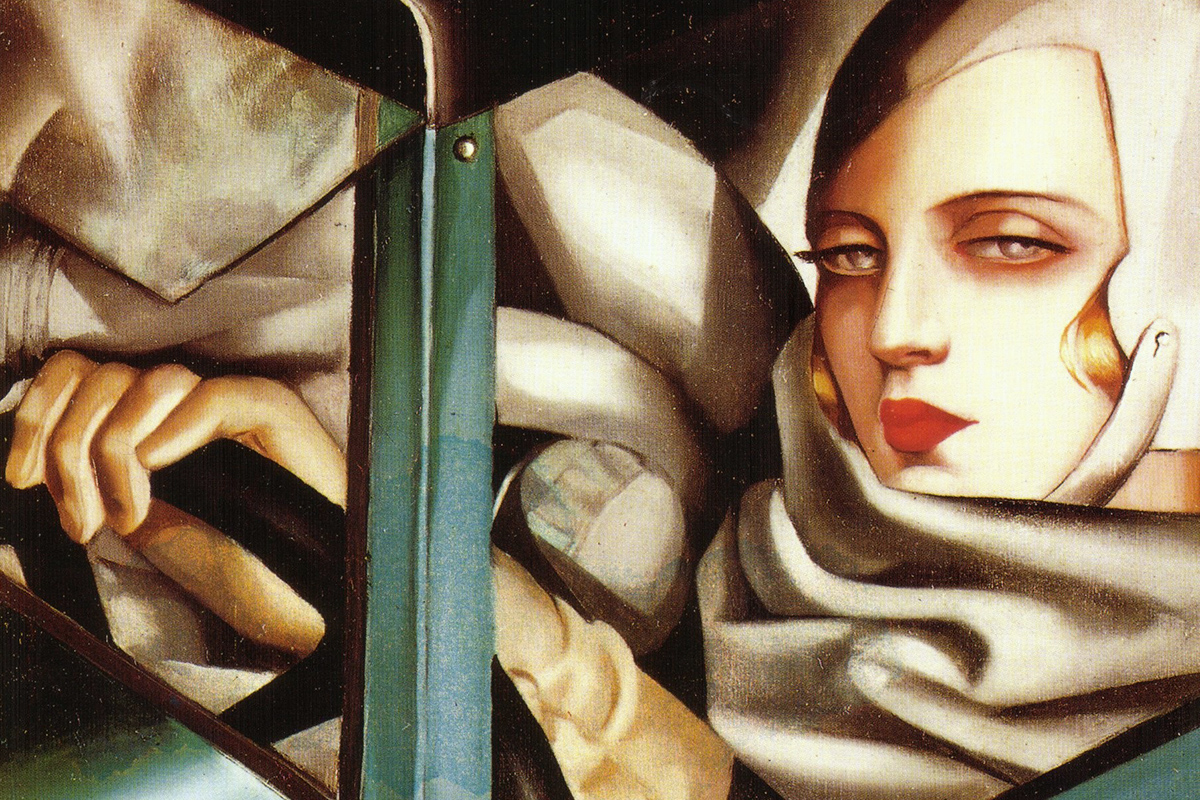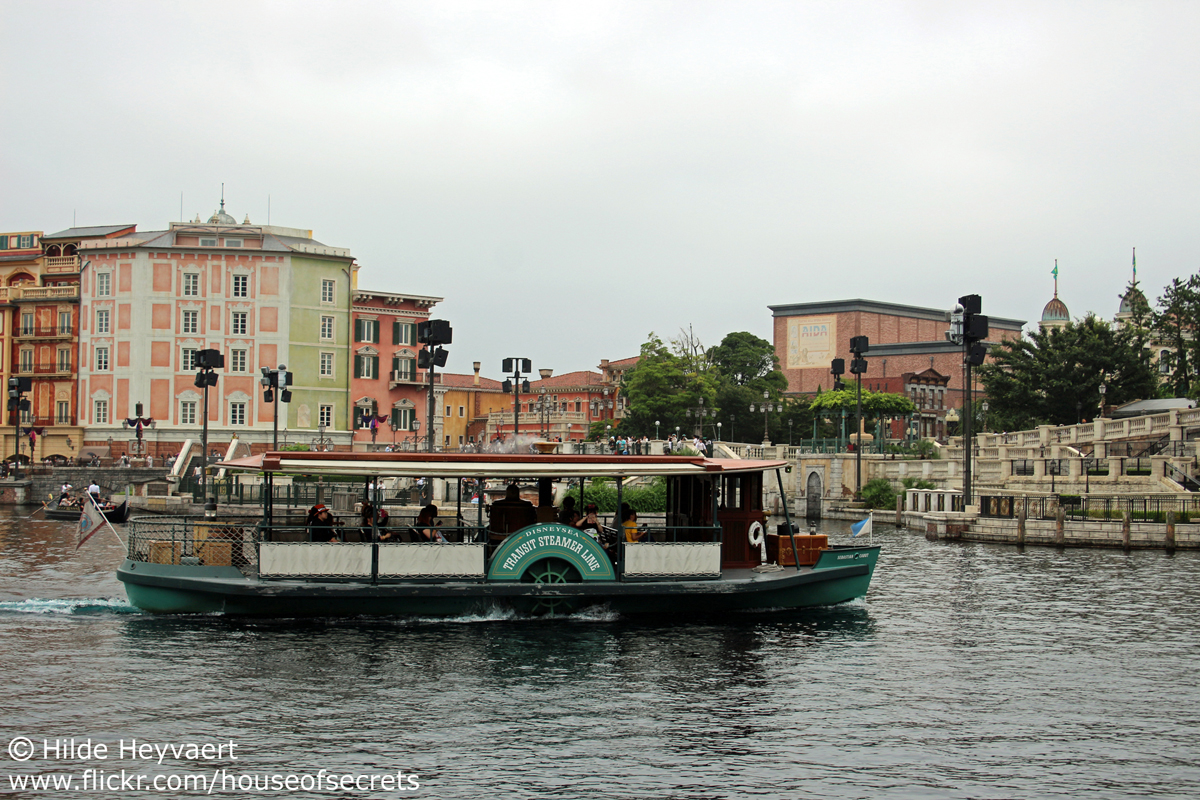One of the risks that any genre faces is that by defining its boundaries too rigidly, it ends up telling the same story over and over again.
2K Games’ BioShock, while firmly dieselpunk, manages to avoid the obvious settings of the 1930s metropolis or World War II and stays original and unusual while making elements of both backgrounds integral to its own bizarre, self-contained world.
BioShock is a first-person shooter set in Rapture, a decrepit underwater utopia. The player uses guns, stealth and “plasmids” (spells, essentially) to fight off hordes of genetically-enhanced madmen and the occasional giant in diving suit while uncovering a complex backstory about the discovery of his odd powers and the fall of the city from grace.
As nothing more than a shooter, BioShock works very well. It is fast, violent and the possibilities for character-adjustment lend new depth to the Doom-style gunplay.
If anything, the game may be a little too easy for the hardened gamer. The villains get somewhat repetitive and there are a couple of missions that require you to run about finding the dystopian equivalent of door keys. Otherwise it is exciting, unsettling and occasionally blackly comic, and truly outstanding in terms of plot and setting.
Rapture is beautifully drawn and the Art Deco details are perfect, from primitive computers to the glossy advertisements on the walls, all the way to the cut of the archvillain’s suit.
Even the voice-acting is appropriate to the setting: Andrew Ryan, founder of the city, sounds rather like a young Orson Welles.
A special mention should also go to the mad impresario Sander Cohen, a magnificent blend of Liberace and the Joker.
Although there are a few straight-up villains, the characterization is unusually subtle for a computer game. There is a sense that everyone, in some way, is morally compromised — which suits the dieselpunk setting particularly well.
The plot is exceptionally well-developed, not only in terms of throwing twists at the player (probably not that difficult to do), but in engrossing the player and actually making him think. One of the main subplots hinges on the importance of personal choice in becoming truly free — not your usual shoot-’em-up fare.
Rapture itself is run according to Objectivist philosophy; one of extreme capitalism espoused by 1940s novelist Ayn Rand. You could almost experience BioShock as a commentary on Objectivism gone wrong — if you were not too busy blowing up hordes of lunatics instead.
BioShock is truly adult entertainment, and not just because you have a gunfight in a strip club. It is one of the few games to throw around serious ideas and talk about rounded characters. It mixes the moral grayness of a Raymond Chandler novel, the sinister technology of a Weird War comic and the Art Deco style of the Chrysler Building. You can’t get much more dieselpunk than that!
This story first appeared in Gatehouse Gazette 3 (November 2008), p. 19-20, with the headline “Lost in Rapture; BioShock”.





